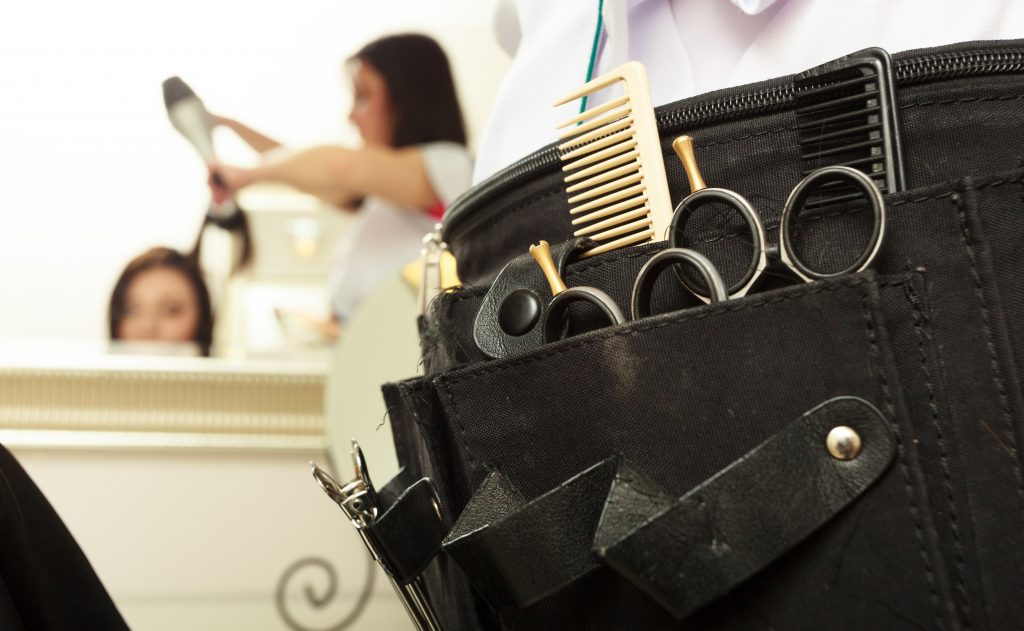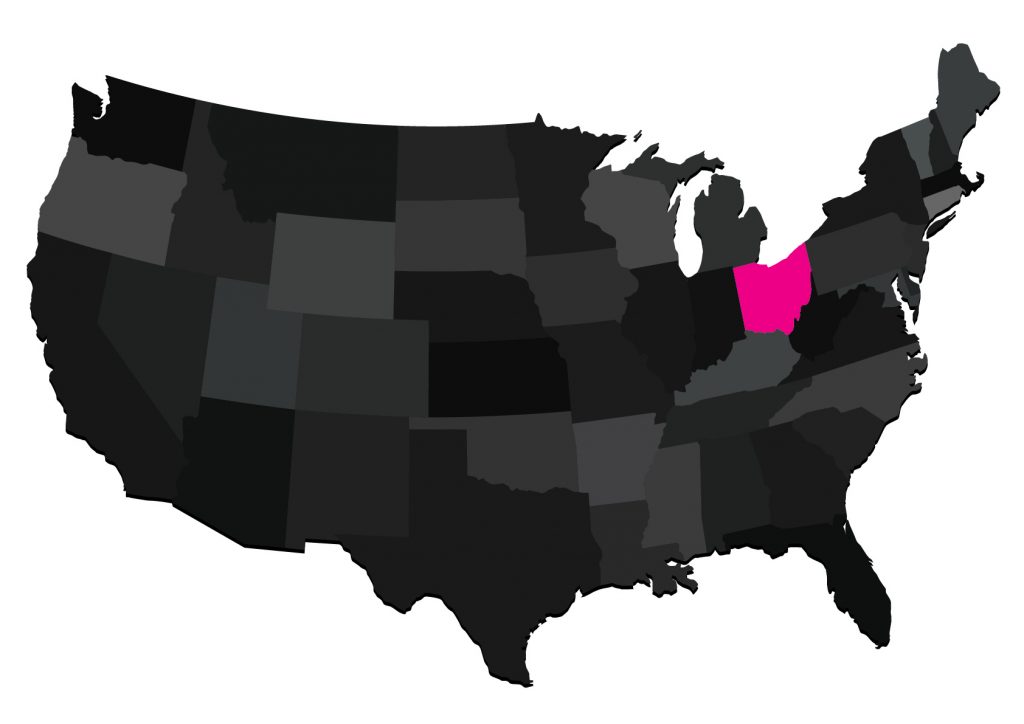Ohio Legislators are back at it again. For the 7th time they have introduced a bill that will gut cosmetology and barber education, reducing the number of clock hours for cosmetology from 1,500 to 1,000 and barbering from 1,800 to 1,000. They claim that this bill is designed to help women, minorities and small business owners. Of the 92,000 licensed professionals in Ohio, 68% are single-unit operations that are female owned. Thirty-Eight percent of barbers are African-Americans who own their own operations.
We are an industry of self-starters and entrepreneurs, but cutting the hours by more than a third removes critical preparation and education that ensures success. This floods the industry with under-experienced and less prepared graduates that will need guidance and continuing education in order to ensure their success. Producing graduates that are not fully prepared to enter the workforce does harm to graduates, salons/barbershops, and the industry as a whole.









